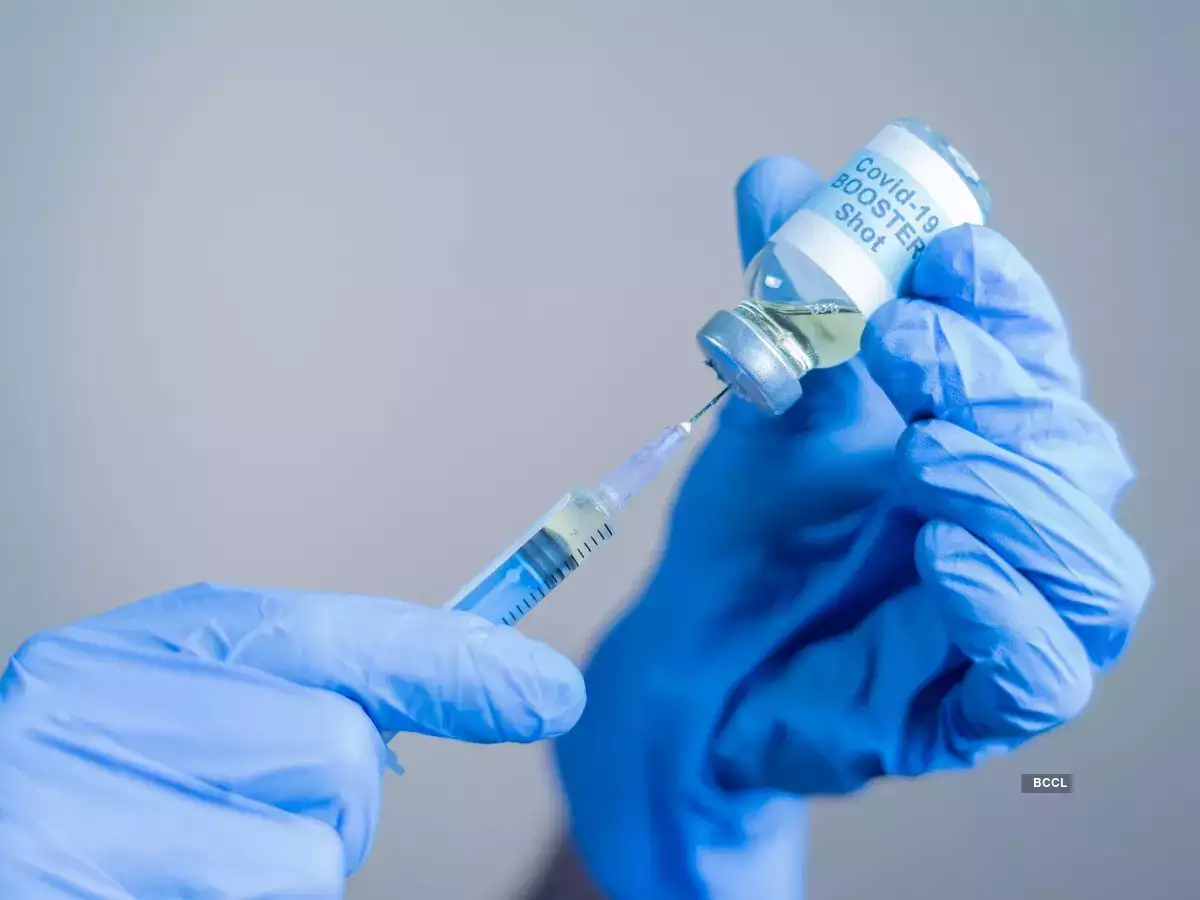New Delhi, 18 June 2025: Bengaluru, renowned for its healthcare infrastructure, is currently grappling with a disturbing shortage of the Hepatitis B vaccine, disrupting immunization programs across hospitals and clinics. The scarcity has left vulnerable groups—cancer patients, individuals with end-stage liver disease, those on dialysis, healthcare workers, prison inmates, police personnel, and newborns—unable to access timely protection. Doctors are issuing urgent advisories for high-risk populations to wait for available doses or seek alternatives, raising serious concerns about preventable outbreaks in both hospitals and the community.
Understanding the Critical Importance of Hepatitis B Vaccination
Hepatitis B is a highly contagious virus transmitted through blood and bodily fluids. In India, it affects a significant portion of the population, placing a heavy burden on public health. The vaccine, typically administered in a three-dose schedule (including one at birth), provides long-lasting immunity. It is especially crucial for healthcare workers exposed to contaminated needles, patients undergoing dialysis, pregnant women with the virus, and newborns vulnerable to mother-to-child transmission—which can lead to chronic liver disease or cirrhosis later in life.
Root Causes of the Shortage: Raw Materials and Supply Bottlenecks
Pharmaceutical companies have reportedly slowed production due to a shortage of key raw materials. Hospitals across Bengaluru and wider India have confirmed delays in deliveries and halted production cycles, with some warnings extending into upcoming months. In addition, the shift from single-dose vials to multi-dose formats has further disrupted supply—in some cases, both forms are unavailable. Private hospitals, which lack fallback government stock, are severely impacted; meanwhile, public institutions prioritize newborns and high-risk patients for the limited doses received.
High-Demand Periods Exacerbate the Crisis
The ongoing vaccine drought has been compounded by seasonal migration patterns. As July and August mark the return of students and professionals from across India and abroad, the surge in vaccination demand has overwhelmed healthcare facilities. Health institutions in Karnataka reportedly saw a sharp increase in student-related demand this year, intensifying strains on an already limited supply.
Immediate Impacts: At-Risk Groups Left Vulnerable
The vaccine void disproportionately affects those who need it most. Cancer patients, those with chronic liver issues, individuals on dialysis, and frontline health workers are left without critical protection, heightening hospital-acquired infection risks. Newborns are also at risk: delays in the first dose may lead to failures in preventing vertical transmission, particularly when mothers are HBV-positive. In prisons and among law enforcement, low vaccination coverage undermines public health protocols and threatens community safety.
Compromised Healthcare Worker Protection
Healthcare workers are among the most affected by the shortage. Studies in Bengaluru highlight low immunization rates among hospital staff. With vaccines unavailable, many staff members are left unshielded from occupational exposure. Private and tertiary hospitals have even resorted to staff paying out of pocket for immunization, particularly for new recruits.
Public vs Private Disparities in Vaccine Access
Disruptions are more severe in private healthcare centers, which depend entirely on market supplies rather than government allocations. While municipal hospitals may have minimal state-provided backup for newborns, private clinics are receiving none. Waiting times, appointment backlogs, and price markups are becoming commonplace as patients scramble for available doses.
Long-Term Risks: Waning Immunity and Rising Infections
Delayed vaccination—especially for newborns—could have long-term consequences. Even short postponements in early doses can erode immunity, increasing rates of chronic infection. With maternal transmission a major threat, delay in neonatal immunization disrupts the carefully scheduled immunization timeline. For healthcare workers and high-risk groups, lapsed protection threatens both personal health and broader infection control measures within healthcare environments.
Policy Intervention and Coordination Measures Needed
Experts say immediate policy action is needed to shore up vaccine supplies. Recommendations include government mandates to prioritize raw material availability for vaccine production, lifting of import and logistical restrictions to fast-track delivery, public-private partnerships to redistribute state vaccine stocks to private clinics, and interim protocols to temporarily prioritize single-dose vials for newborns and healthcare workers. Regular monitoring of at-risk groups and public reporting of stock levels is also essential.
Mitigation Strategies for Individuals and Institutions
Until supply chains stabilize, healthcare providers are urged to reschedule vaccination programs, issue appointment-based issuance, and coordinate with public health authorities on redistribution efforts. High-risk patients should be informed of risks and advised on interim protective measures. Healthcare workers, particularly those unvaccinated or overdue for boosters, should seek testing for antibodies and consider self-vaccination where feasible, with institutional support.
Bengaluru’s Hepatitis B vaccine shortage underscores the fragility of immunization systems and the real-world risks of supply chain interruptions. With public health on the line—from newborns to frontline medical staff—urgent measures are needed to resolve the crisis and prevent preventable infections. Improving planning, regulation, and coordination of vaccine production and distribution is essential to safeguarding communities and maintaining trust in India’s healthcare infrastructure.







